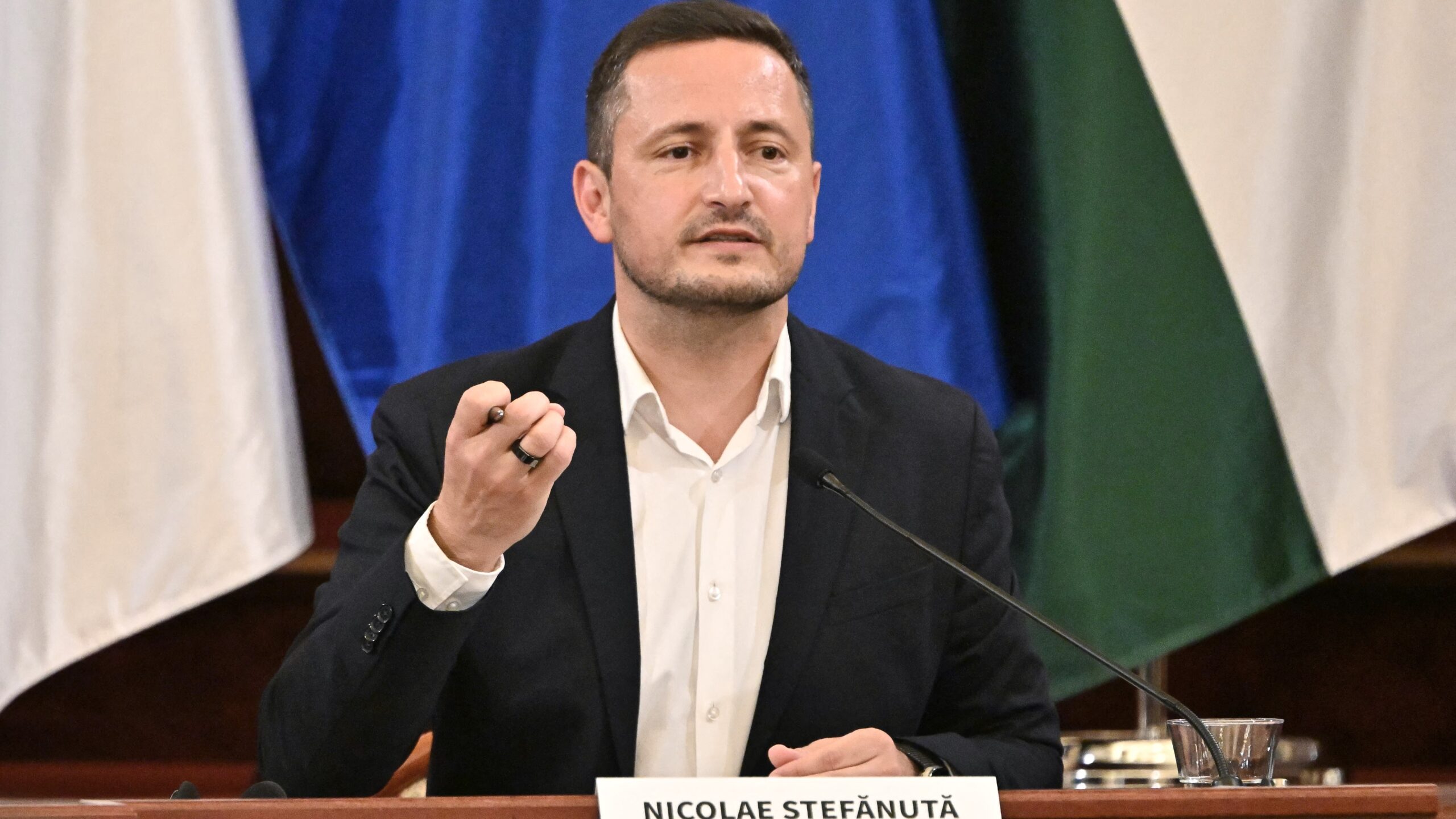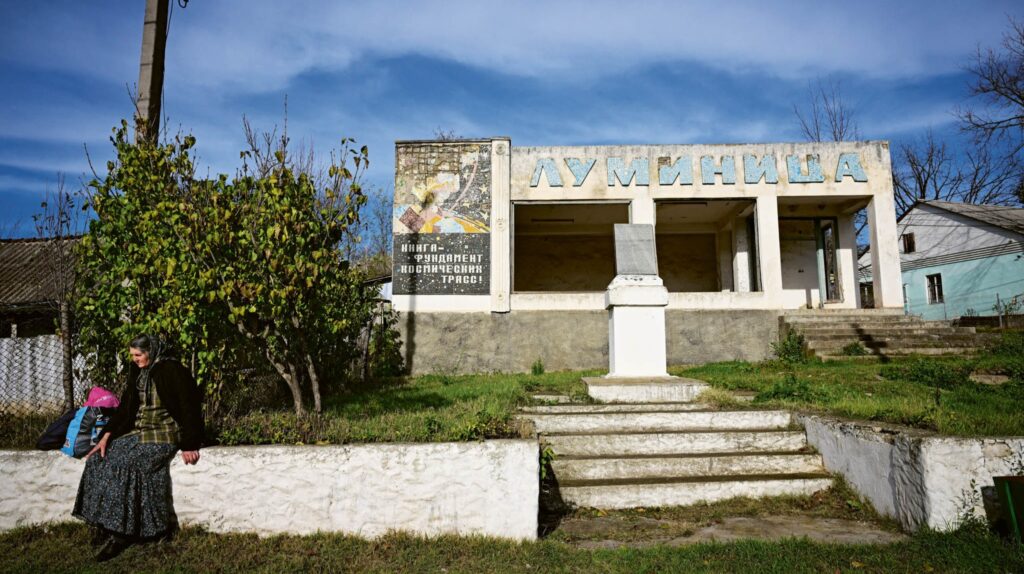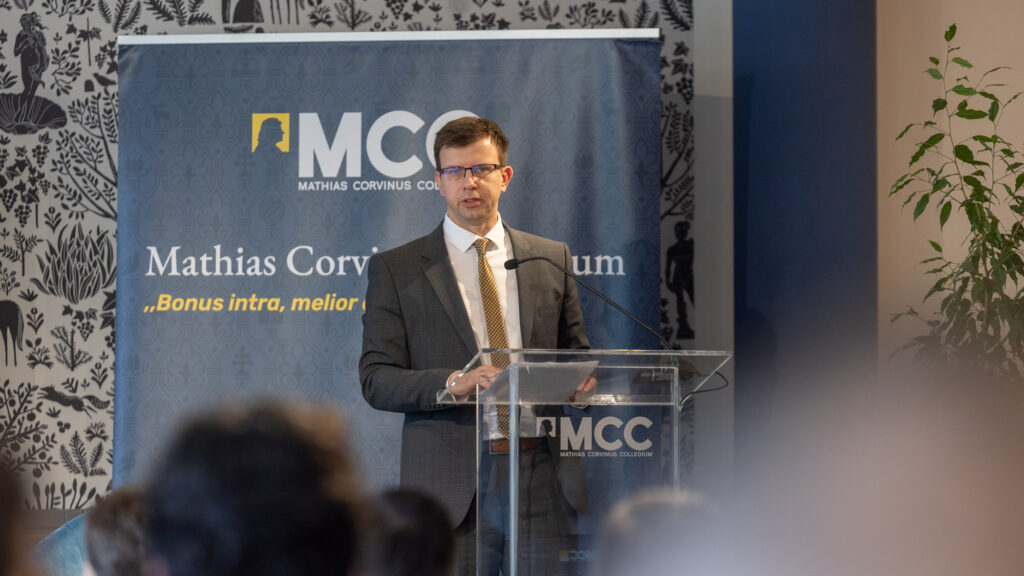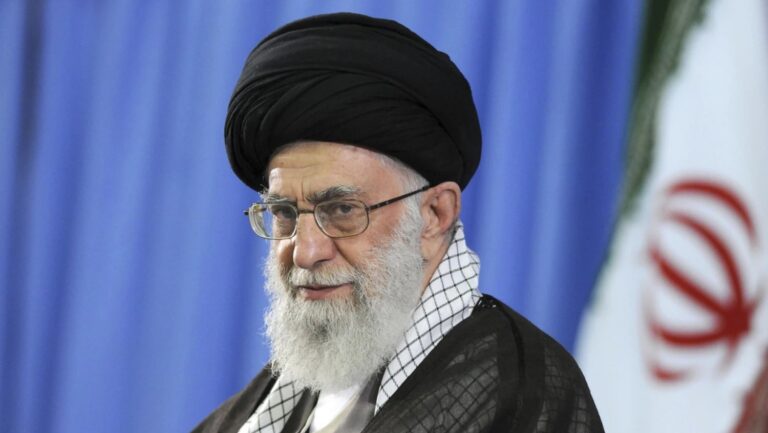Nicolae Ștefănuță, one of the current Vice Presidents of the European Parliament, has publicly backed the Stop Killing Games (SKG) campaign—a citizen-led initiative that calls on lawmakers to prevent companies from permanently shutting down digital games that consumers have purchased. In a recent Instagram post, Ștefănuță urged Europeans to sign the petition, saying he fully supports the movement.
‘I stand with the people who started this citizen initiative. I signed and will continue to help them. A game, once sold, belongs to the customer, not the company,’ Ștefănuță wrote.
Stop Killing Games Official on X (formerly Twitter): “”I stand with the people who started this citizen initiative. I signed and will continue to help them. A game, once sold, belongs to the customer, not the company.” Thank you @nicustefanuta !https://t.co/Bh4KKIqN8j https://t.co/8gHEaMfsxa pic.twitter.com/crM7xb6cgC / X”
“I stand with the people who started this citizen initiative. I signed and will continue to help them. A game, once sold, belongs to the customer, not the company.” Thank you @nicustefanuta !https://t.co/Bh4KKIqN8j https://t.co/8gHEaMfsxa pic.twitter.com/crM7xb6cgC
The SKG initiative has already attracted significant attention online, with support from gamers, developers, and industry commentators alike. While lobbying groups representing video game publishers have raised concerns about the potential financial and technical burden of preserving older games, the core argument of the petition is rooted in consumer rights: if you buy a game, it should remain accessible.
In Europe, public petitions like this one must reach over one million valid signatures from EU residents to be formally considered by the European Commission. Attention from prominent political figures such as Ștefănuță significantly raises the visibility and credibility of the campaign—but does not guarantee legislative action.
Despite this, campaigners see Ștefănuță’s support as a meaningful step forward. With increasing political and public momentum, Stop Killing Games is now closer than ever to sparking real discussion at the EU level about digital ownership and preservation in the gaming industry.
More information about the petition is available at stopkillinggames.com.
Read more:







